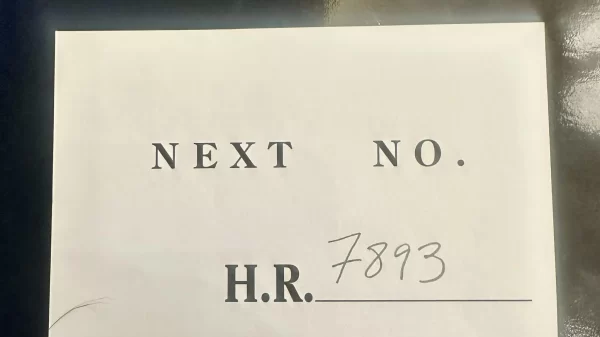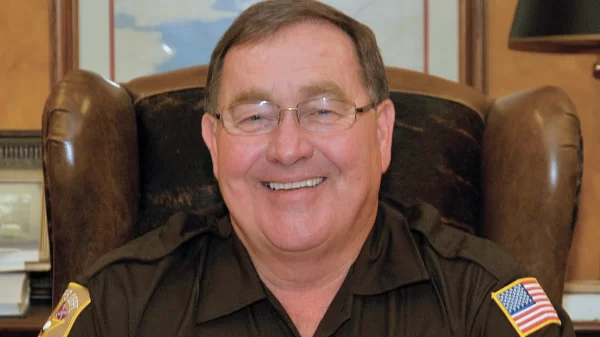Alabama Gov. Kay Ivey signed a bill into law Monday requiring that some sex offenders be chemically castrated for the rest of their lives once released from prison.
The bill drew national media attention. CNN, the Atlantic, the New Yorker, Vox, CBS, ABC News, Axios, the Hill, the U.K. Daily Mirror and Slate all reported on Ivey’s signing of the bill.
Ivey said that the law would make the state safer for children.
House Bill 379 is sponsored by State Rep. Steve Hurst, R-Munford.
Hurst said during the House debate that his original idea was for surgical castration, but after much research of the issue, he instead opted for chemical castration, which involves requiring felons to take medication that inhibits their sex drive. The felons would be given the first dose of medication prior to their release. As a condition of their parole they would have to go to the Health Department for follow up doses, either through injection or orally. They would have to take the medication for the rest of their life. Failure to do so would be a parole violation and a class C felony under this legislation.
The perpetrator would have to be 21 year of age or older at the time of the attack and the victim be between the ages of 7 to 13. The medication, which can be either in pill form or injection, would make the child rapist incapable of achieving an erection and performing sexual intercourse. Essentially making them impotent for the rest of their lives. It is also supposed to suppress the felon’s sexual desires.
Hurst previously sponsored and passed legislation that prevents child molesters who rape a child 6 years old and younger from getting parole.
The treatment is chemical not surgical. Child molesters would have to take hormone treatments to limit their sex ability and drive for the rest of their lives. It is reversible simply by stopping taking the medication. That would be a felony, unless the felon was pardoned or later had his conviction overturned. The procedure can be reversed simply by not taking the medication; but that is a class C felony and a parole violation under this statute.
Hurst’s original bill only applied to offenders who had been released on parole; but the bill was amended in committee to require that child rapists have to take the medication for the rest of their lives. That second version of the bill created the new class C felony for a convicted child rapist for not taking his medication.
Alabama is the sixth state to pass some form of a chemical castration bill.
Hurst said the offenders would have to pay for the medication unless they were indigent, and then the state would pay. The state would also have to pay for the offender’s initial treatment prior to their being released from prison.
“I am not for d hurting anyone, but if they hurt a child, they need to be marked for life,” Hurst said.
Some in the business community have complained privately to the Alabama Political Reporter that the state making national headlines over social issues like chemical castration and the abortion bill is making it harder for them to bring business to Alabama.




















































